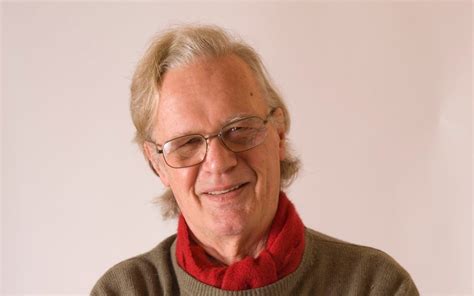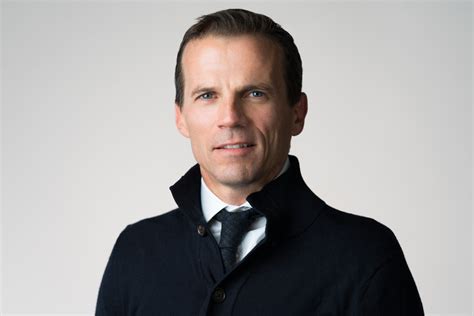A Quote by Richard Lindzen
Future generations will wonder in bemused amazement that the early 21st century's developed world went into hysterical panic over a globally averaged temperature increase of a few tenths of a degree, and, on the basis of gross exaggerations of highly uncertain computer projections combined into implausible chains of inference, proceeded to contemplate a roll-back of the industrial age.
Related Quotes
Now the 21st century approaches and with it the inevitability of change. We must wonder if the American people will find renewal and rejuvenation within themselves, will discover again their capacity for innovation and adaptation. If not, alas, the nation's future will be shaped by sightless forces of history over which Americans will have no control.
Earlier this week ... scientists announced the completion of a task that once seemed unimaginable; and that is, the deciphering of the entire DNA sequence of the human genetic code. This amazing accomplishment is likely to affect the 21st century as profoundly as the invention of the computer or the splitting of the atom affected the 20th century. I believe that the 21st century will be the century of life sciences, and nothing makes that point more clearly than this momentous discovery. It will revolutionize medicine as we know it today.
You really do have to wonder whether a few years from now we’ll look back at the first decade of the 21st century — when food prices spiked, energy prices soared, world population surged, tornados plowed through cities, floods and droughts set records, populations were displaced and governments were threatened by the confluence of it all — and ask ourselves: What were we thinking? How did we not panic when the evidence was so obvious that we’d crossed some growth/climate/natural resource/population redlines all at once?
When future generations look back on the global-warming scare of the past 30 years, nothing will shock them more than the extent to which the official temperature records – on which the entire panic ultimately rested – were systematically “adjusted” to show the Earth as having warmed much more than the actual data justified.
The simple fact is that, since the beginning of this century, the average global temperature has flatlined; indeed, over the past 18 months it has fallen back, and according to the satellite measurements of temperature, it is now basically back at the level it was in 1979, when such measurements started to be taken.
Globally, emissions may have to be reduced, the scientists are telling us, by as much as 60% or 70%, with developed countries likely to have to make even bigger cuts if we're going to allow the developing world to have their share of growing industrial prosperity...The Kyoto Protocol is only the first rather modest step. Much, much deeper emission reductions will be needed in future. The political implications are mind-blowing.
Our early 21st century civilization is in trouble. We need not go beyond the world food economy to see this. Over the last few decades we have created a food production bubble-one based on environmental trends that cannot be sustained, including overpumping aquifers, overplowing land, and overloading the atmosphere with carbon dioxide.
The transition to a low-carbon economy will be one of the defining issues of the 21st century. This plan sets out a route-map for the UK's transition from here to 2020...every business, every community will need to be involved. Together we can create a more secure, more prosperous low carbon Britain and a world which is sustainable for future generations.




































